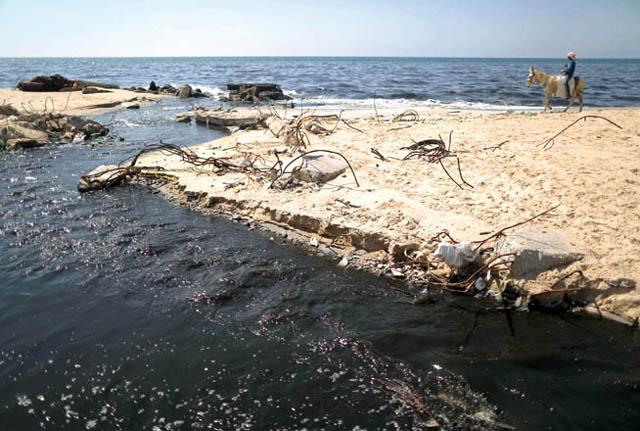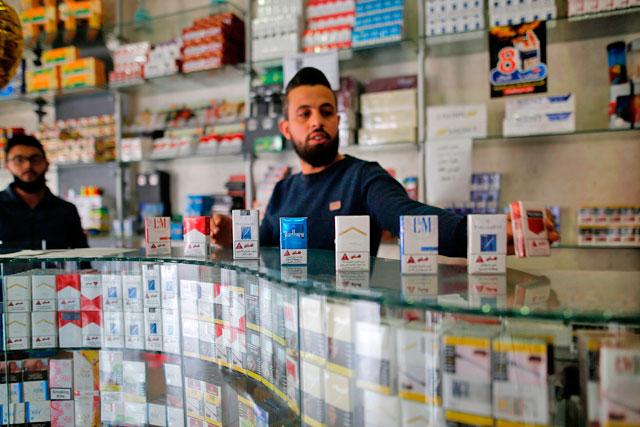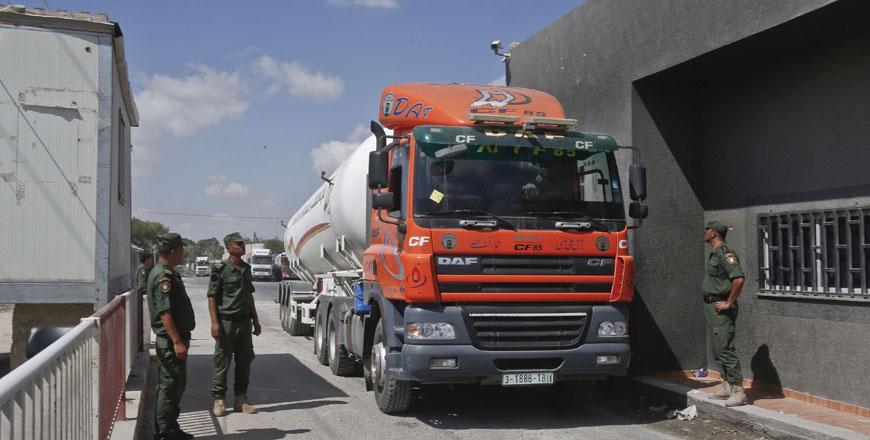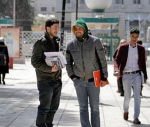You are here
Cold and angry, Gazans challenge Hamas over electricity
By AFP - Jan 14,2017 - Last updated at Jan 14,2017
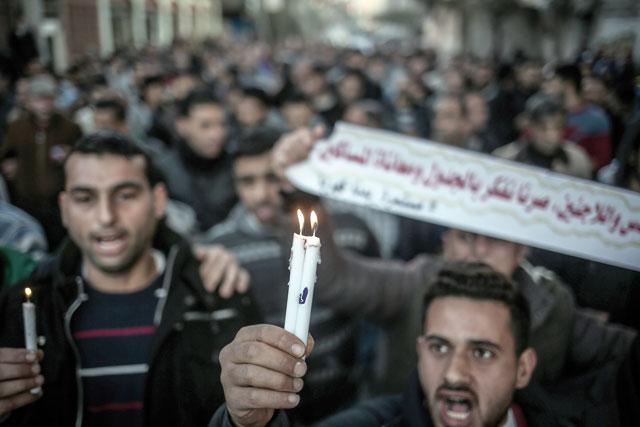
Palestinians shout slogans during a demonstration held to protest regular power cuts at Jabaliya refugee camp in Gaza City, Gaza, on Thursday (Anadolu photo)
Gaza City, Palestine — Crippling shortages of electricity in Gaza and reports of children dying of cold have stoked anger in the Palestinian enclave where there are daily protests against its Hamas leaders.
The main Palestinian factions are blaming each another and Israel for the crisis, which has left the territory with just four hours a day of power at best.
In one of the largest demonstrations yet, thousands of protesters in northern Gaza on Thursday walked to the local headquarters of the electricity company run by Hamas.
Security forces dispersed the protesters violently, with shots fired in the air and a number of journalists beaten up.
A prominent comedian was also detained on Wednesday after he posted on social media a call for Hamas to give up power.
UN envoy for the Middle East peace process Nickola Adenoviral has expressed concern about the “tense situation” in the Gaza Strip and urged calm.
“We are witnessing a lot of anger and resentment at the power outages on the Gazan streets,” said Amjad Al Shawwa, the director of Palestinian civil organisations.
Gazans normally receive power in alternating eight-hour cycles, with those able to afford it using private fuel generators for the down times.
But for the past two weeks, they have received a maximum of four hours a day from the state energy supply.
Ahmad Al Soarka believes the shortage caused the death of his 12-day-old son.
“My son died from frost and the extreme cold, according to what they told us in the hospital,” Soarka said.
The family’s home was destroyed in the 2014 Israeli aggression against Gaza and so they have lived in a caravan for the past two years.
“Right now it is like a freezer,” the young father told AFP.
The health ministry has not confirmed the cause of death as yet, but the baby’s grandfather Salama, 49, said he had no doubt.
“If we had electricity, we could protect ourselves and the children from the cold,” he said. “The young can’t tolerate it.”
More than two thirds of Gazans depend on aid, according to the United Nations, which has also estimated the enclave could become unliveable by 2020 if current trends continue.
No solution in sight
The 2 million residents of Gaza require around 450-500 megawatts of power per day but are receiving less than half of that. With cold winters, demand has spiked — leading to the shortages.
Maher Al Tabaa, an economic expert, said the crippling electricity shortages “affect all economic activities and have led to the suspension of a number of factories and economic construction”.
“The economy cannot manage only on electricity generators,” said Tabaa.
Sadly for Gazans, there is no immediate solution to the crisis.
Israel has maintained a blockade of the enclave for the past 10 years, limiting the entry of goods and crippling the economy.
In 2015, Gaza’s sole power plant, which was badly damaged in a 2006 Israeli attack, was shut down for several weeks over unpaid taxes.
Part of the reason energy authorities have so little funding is unpaid bills.
Nearly 70 per cent of households do not pay their electricity bills, either because of poverty or due to lack of collection, the UN estimates.
Fathi Sheikh Khalil, from Gaza’s electricity company, told AFP “what is available is distributed”, pointing to a shortage of funds.
Khalil Al Hayya, a member of Hamas’s political bureau, said the party was willing to “hand over the electricity file” if a solution could be found, while the PA government in the West Bank city of Ramallah says it pays millions of dollars annually for Gazan electricity.
Related Articles
GAZA CITY, Palestinian Territories — The death of a little boy after swimming in polluted seawater has put the spotlight on Gaza’s pollution
GAZA CITY, Palestinian Territories — Palestinians in Gaza desperately waiting for a reconciliation agreement to improve their lives have not
GAZA CITY — Israel reopened its only goods crossing with the Gaza enclave on Wednesday after closing it to most deliveries on July 9 over mo


